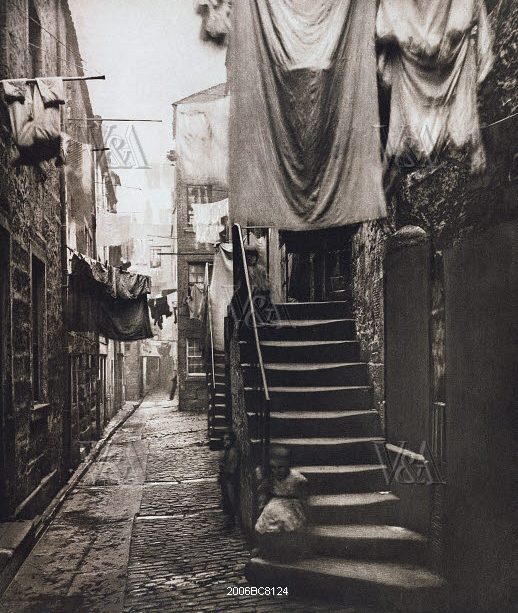Exploring the Vibrant City of Glasgow, Scotland

Introduction
Glasgow, Scotland’s largest city, is known for its rich history, vibrant culture, and stunning architecture. As one of the UK’s most significant cities, Glasgow plays a crucial role in the cultural and economic landscape of Scotland. Recently, it has become a focal point for tourists, culture enthusiasts, and local communities alike, drawing attention to its diverse offerings.
Historical Significance
Founded on the banks of the River Clyde, Glasgow has evolved from a small medieval settlement into a bustling metropolis. Its incredible history is reflected in its architecture; the 19th-century buildings, many designed by renowned architect Charles Rennie Mackintosh, have been preserved and celebrated as part of Glasgow’s heritage. The city was also a powerhouse during the Industrial Revolution, known for shipbuilding and steel production, which significantly contributed to its growth.
Culture and Arts Scene
Glasgow is recognised as a UNESCO City of Music, with a thriving arts and music scene. The city hosts numerous festivals throughout the year, including the Glasgow Film Festival and the Celtic Connections music festival, which attract international artists and audiences. Venues such as the SSE Hydro and the renowned King Tut’s Wah Wah Hut offer a platform for both emerging and established artists. Furthermore, the Glasgow Museums and Galleries have extensive collections showcasing everything from Scottish history to contemporary art.
Social Developments and Community
In recent years, Glasgow has witnessed significant social and economic developments. Through investment in infrastructure, cultural projects, and initiatives promoting sustainability, the city is transforming into an accessible and inclusive space for residents and visitors. The regeneration of areas like the Clyde Waterfront and the West End, popular for their artisanal cafés and shops, exemplifies this growth. Additionally, community-led projects have emerged, focusing on environmental awareness and social cohesion.
Conclusion
Glasgow’s multifaceted identity makes it an exciting destination for everyone—from history buffs to art aficionados and casual tourists. The city’s commitment to preserving its heritage while embracing modernity illustrates its resilience and adaptability. With its vibrant cultural scene and continuous developments, Glasgow is poised to become even more significant on the global stage, promising a rich experience for visitors and enhancing the quality of life for its inhabitants. As Glasgow continues to grow and evolve, it remains an essential part of Scotland’s narrative and a must-visit location.









